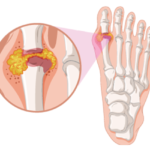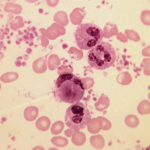The development of a vaccine for COVID-19 changed the course of the pandemic; however, it also raised questions about whether to withhold or reduce immunosuppressive therapies and other medications for patients with inflammatory rheumatic and musculoskeletal disease (IRMD), note the authors of a new study published in Annals of the Rheumatic Diseases. An argument for…






